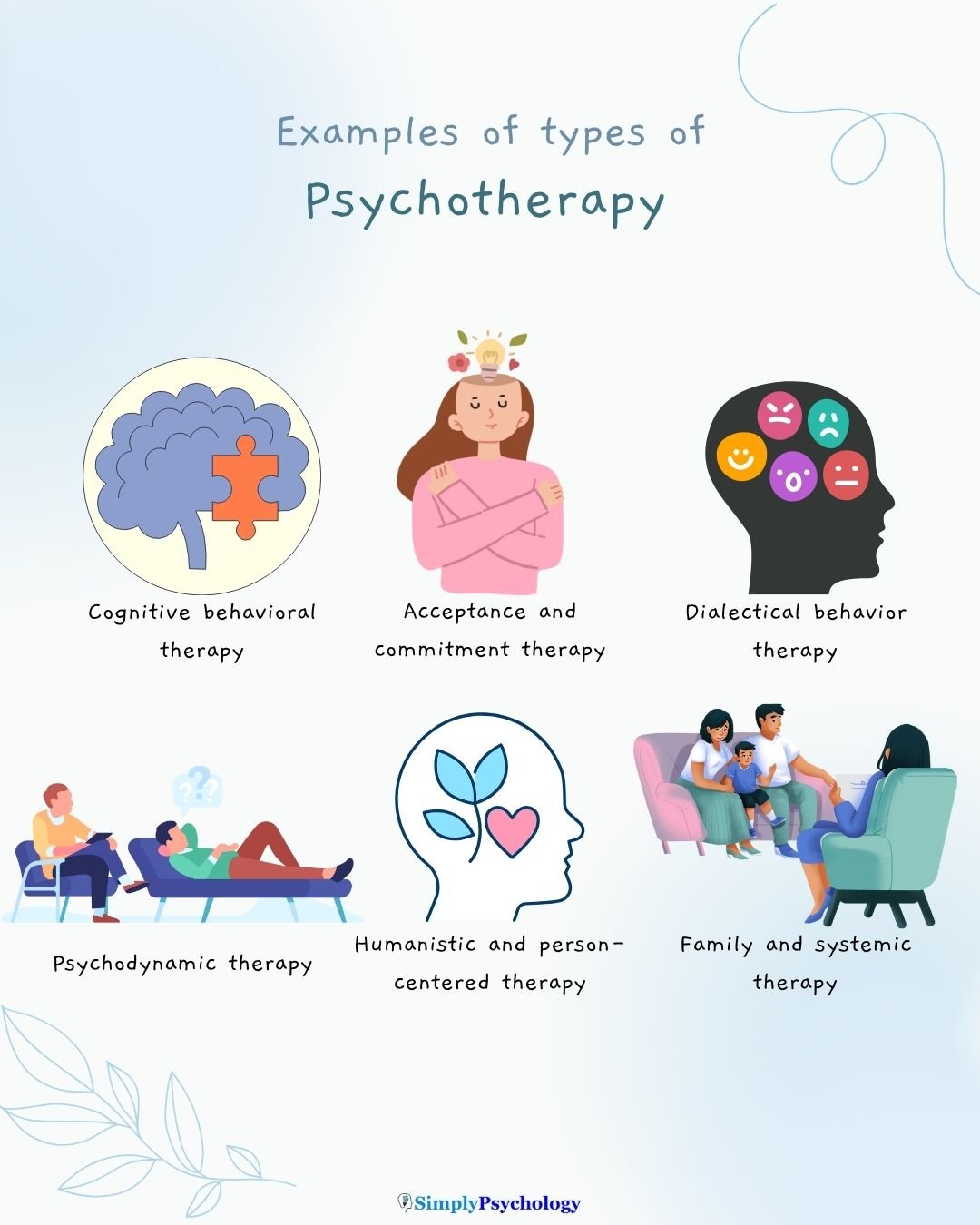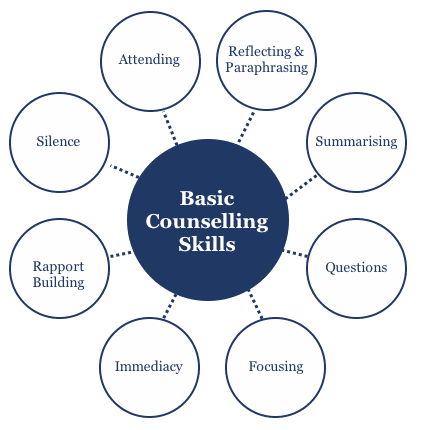A Comprehensive Guide to the Various Kinds Of Therapy and Their Effect
Counseling encompasses a range of healing techniques, each developed to meet distinct mental health and wellness needs. From the structured strategies of Cognitive-Behavioral Therapy to the understanding nature of Person-Centered Therapy, these methods offer distinct pathways to individual development. Household treatment and Dialectical Behavior modification provide extra frameworks for healing, while group counseling promotes neighborhood assistance. Comprehending these diverse approaches can brighten their profound effect on specific health. What stays to be explored are the ins and outs of each approach.

Understanding Cognitive-Behavioral Therapy (CBT)
Although numerous healing techniques exist, Cognitive-Behavioral Therapy (CBT) attracts attention due to its structured, goal-oriented nature. This type of treatment is based upon the property that ideas, sensations, and habits are adjoined, and by transforming adverse idea patterns, people can alter their emotional reactions and actions. CBT employs different techniques, such as cognitive restructuring, which assists clients determine and challenge altered beliefs. Behavioral activation urges involvement in pleasant activities to combat anxiety.
Generally, CBT is a short-term treatment, often enduring between 12 to 20 sessions, making it available for those seeking fast results. Its efficiency has actually been well-documented in dealing with anxiousness disorders, anxiety, and various other mental health and wellness issues. The therapist's duty is to lead customers with workouts and research assignments, promoting self-awareness and promoting long-lasting coping techniques. This practical strategy encourages people to take control of their mental health, inevitably bring about boosted life contentment.
Exploring Person-Centered Therapy
Person-Centered Treatment, created by Carl Rogers, offers a different technique to Cognitive-Behavioral Treatment by highlighting the client's subjective experience. This therapeutic design prioritizes the individual's perspective, cultivating a setting of compassion, genuine favorable respect, and authenticity. By enabling customers to discover their sensations and thoughts without judgment, specialists facilitate personal growth and self-discovery.
The core tenet of Person-Centered Treatment is the idea that people possess the intrinsic ability for self-healing and individual advancement. In this setting, the specialist works as an encouraging guide instead of an instruction authority, encouraging clients to take cost of their very own journey. This approach is particularly efficient for those coming to grips with concerns such as low self-esteem, stress and anxiety, or depression, as it empowers them to confront and recognize their feelings. Eventually, Person-Centered Therapy grows a solid therapeutic alliance, cultivating depend on and openness crucial for purposeful modification.
The Duty of Household Treatment in Recovery
Household therapy functions as a crucial component in the healing process for people and their connections. This restorative approach concentrates on enhancing interaction, dealing with disputes, and fostering much deeper links among relative. By attending to inefficient characteristics, family members treatment motivates each member to express their ideas and sensations in a safe environment, advertising understanding and empathy.

The effect of family treatment expands beyond the sessions, as improved partnerships can result in enhanced psychological wellness for all included. Overall, family treatment plays an essential function in recovery by cultivating unity, durability, and common support among family participants, ultimately assisting them towards a healthier, a lot more satisfying life with each other.
Unboxing Dialectical Behavior Modification (DBT)
Building on the structure of healing techniques that improve emotional wellness, Dialectical Behavior modification (DBT) provides a structured framework for individuals fighting with intense emotions and behavior difficulties. Developed by Marsha Linehan, DBT incorporates cognitive-behavioral methods with mindfulness techniques, aiming to aid clients handle overwhelming feelings and improve interpersonal effectiveness.
The treatment is specifically valuable for those diagnosed with Borderline Character Disorder but is additionally applicable to a variety of other mental health concerns. virtual therapy. DBT includes specific therapy sessions and abilities training groups, concentrating on 4 key ability collections: mindfulness, distress tolerance, feeling law, and social performance
The Benefits of Team Counselling Procedure
While individual therapy offers valuable insights, group counseling sessions use one-of-a-kind advantages that can greatly enhance the therapeutic experience. One essential benefit is the sense of area that arises amongst participants. People often discover comfort in sharing their experiences with others dealing with comparable obstacles, promoting a supportive setting that lowers feelings of isolation.
Group sessions encourage varied viewpoints, allowing participants to find out from each other's coping strategies and understandings. This cumulative wisdom can cause improved analytical capabilities and a more comprehensive understanding of personal problems.
Furthermore, team counseling usually promotes liability, as participants motivate one an additional to pursue their goals and stick to their commitments. The cost-effectiveness of group therapy makes it an easily accessible alternative for lots of individuals seeking support. Generally, the collaborative nature of group counseling sessions can significantly improve the restorative journey.
Frequently Asked Concerns
What Qualifications Do Therapists Need to Practice Therapy?
Specialists usually call for a pertinent degree in psychology or counseling, in addition to monitored professional experience. Additionally, they have to obtain proper licensure or certification to practice lawfully, making sure adherence to expert standards and ethical guidelines.
Exactly how Do I Pick the Right Kind of Treatment for Me?
Picking the right kind of treatment involves examining personal demands, checking out numerous approaches, taking into consideration therapist specializeds, and looking for referrals. Recognizing private goals and choices can considerably enhance the effectiveness and satisfaction of the restorative experience.

Are Online Therapy Sessions as Effective as In-Person Ones?
The efficiency of on the internet therapy sessions contrasted to in-person ones usually relies on individual preferences and situations. Research shows that both techniques can generate favorable results, though some might discover higher convenience in face-to-face communications.
The Length Of Time Does Therapy Usually Last?

What Should I Anticipate During My First Therapy Session?
Throughout the first therapy session, clients can expect an intro, discussion of their worries, establishment of goals, and an overview of the counseling process - low cost therapy. This first meeting aims to construct relationship and assurance comfort